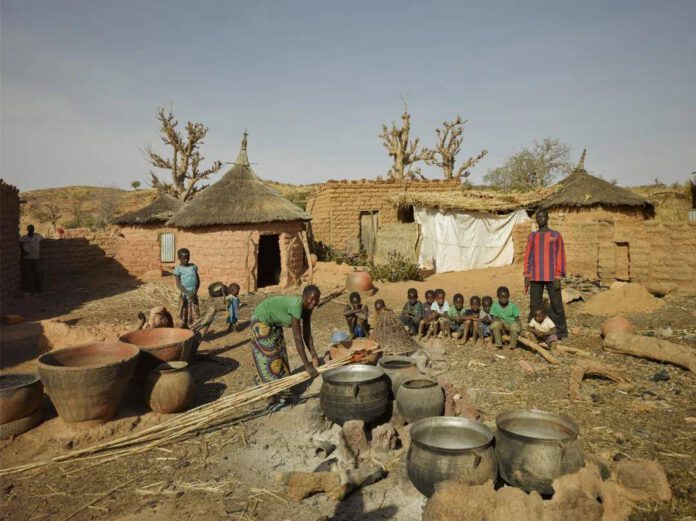
The Russia-Ukraine conflict has triggered a series of domino effects. In the food sector, geopolitical risks combined with extreme weather factors, result in food supply uncertainty and rising trade costs, and international food prices continue to rise. Starting from June 1, the world’s second-largest sugar exporter India will limit sugar exports. Previously, India announced a ban on wheat exports on May 13, although the wheat ban requirement was relaxed on the 17th.
The rise of protectionism in the food trade underscores the urgency of maintaining food security.
“Not opening the port is a declaration of war on global food security,” said David Beasley, executive director of the World Food Program, adding that if the Odessa port in Ukraine is not opened, it will add to the complexity of the global problem. “We have to get Ukraine’s farmland back up and running, and we have to get those granaries filled again.”
Mariam Mohammed Saeed Al Mheiri, minister of climate change and environment in the Office of the Prime Minister of the United Arab Emirates, also noted the need to keep markets open and guarantee smooth food trade flows to avoid famine. At the same time, she said that everyone has a stake in solving the global food crisis. From producers to consumers, the entire food supply chain needs to work together.
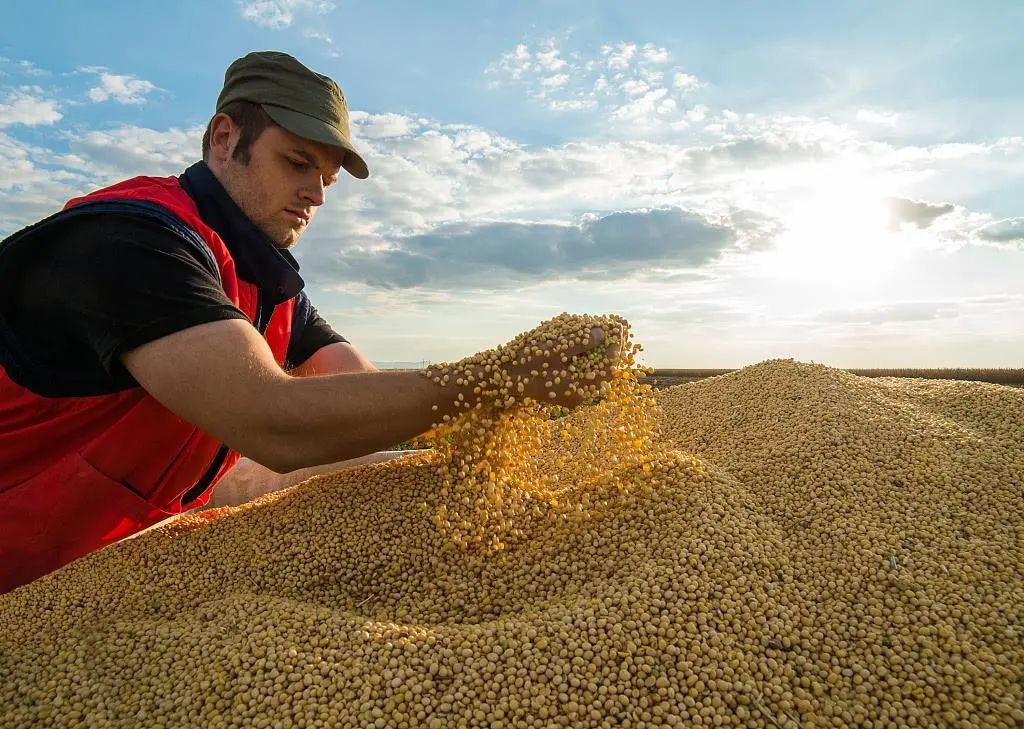
Action at the national level is also essential to avert the global food crisis. Speaking about the goal of increasing agricultural productivity, Philip Isdor Mpango, vice president of the United Republic of Tanzania, noted that investment in agriculture around areas such as irrigation, transport infrastructure, and storage facilities could help increase Africa’s contribution to global food security.
Rising trade protectionism
On May 19, David Beasley spoke on “The Impact of the Situation in Ukraine on Global Food Security,” noting that when a country like Ukraine, which produces enough food to feed 400 million people, is affected by conflict, market volatility is inevitable.
The impact of the geopolitical conflict on the global food market is determined by the importance of Russia and Ukraine in the field of food trade. Ukraine and Russia produce about 1/3 of the world’s wheat and barley, about 1/2 of the world’s sunflower oil, and about 25% of the global supply of wheat from both countries.
Before the escalation of geopolitical conflicts, international food prices have maintained a shocking upward trend due to the new crown epidemic, monetary policy, and other factors. According to the United Nations, in the past year, global food prices rose by nearly 1/3, fertilizer prices rose by more than 1/2, and oil prices rose by nearly 2/3. The situation in Russia and Ukraine further exacerbates the instability of the food supply chain.
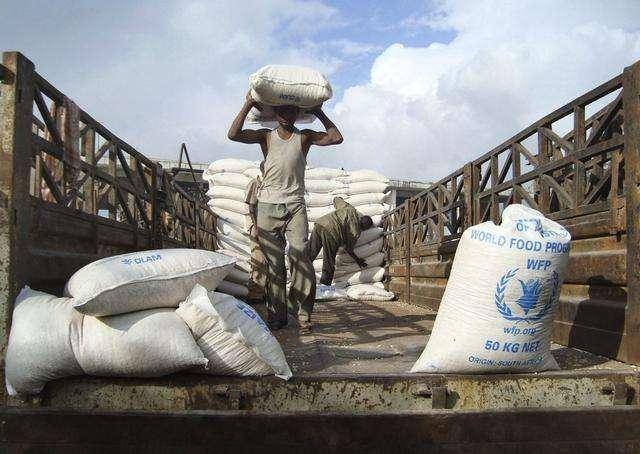
In this context, for the protection of domestic food supply, and to suppress domestic food prices, many countries continue to change grains, edible oils, and other agricultural products export restrictions and policies. According to the International Monetary Fund, about 30 countries have now imposed restrictions on trade in food, energy, and other key commodities.
Geopolitical conflicts will inevitably spill over into the global multilateral trading system. Global trade shows the substitution of global integration by geopolitical relations, especially the loss of credit between countries, and camp confrontation exacerbated the trade protection policy. On the one hand, international supply and demand relations have been adjusted, and countries have adopted export restriction policies, resulting in global trade contraction. On the other hand, the multilateral trading system under the WTO framework is weakened, and the regionalization and conglomeration of international trade under geopolitical conflicts may intensify, thus setting off a new wave of “de-globalization”.
Working together to ensure food security
On May 4, the Food and Agriculture Organization of the United Nations released the Global Report on Food Crisis, pointing out that about 193 million people in 53 countries or regions around the world will face severe food insecurity in 2021, an increase of nearly 40 million people year-on-year.
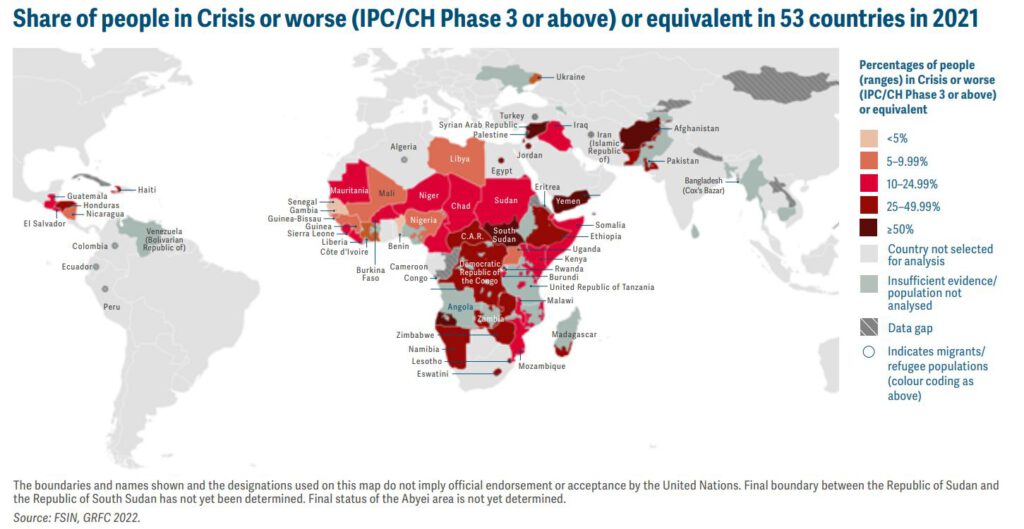
On May 18, UN Secretary-General António Guterres warned that the Russia-Ukraine conflict could leave tens of millions of people on the brink of food insecurity. Guterres said global hunger levels are at a new high. In just two years, the number of people facing severe food insecurity has increased from 135 million before the new epidemic to 276 million. And more than half a million people are living in famine, an increase of more than 500 percent since 2016.
Severe food insecurity is defined as a situation where a person’s life or livelihood is in immediate danger due to a lack of food. Currently, people in low-income countries that rely on food imports are already protesting because they are facing “unaffordable” or “unavailable” food.
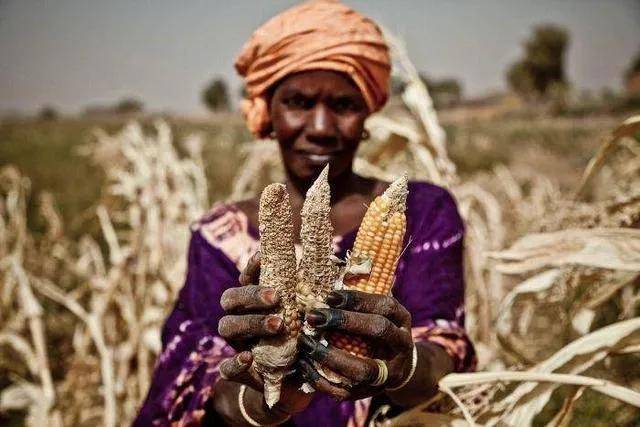
On May 19, China’s Permanent Representative to the United Nations Zhang Jun called on the international community to strengthen coordinated action to stabilize the global food market. He pointed out that developed countries should reduce trade and technical barriers, give more help to developing countries in terms of finance, technology, markets, and capacity building, and play their due role in building an efficient, open, and fair global food supply system.
On May 23, the International Monetary Fund Managing Director Kristalina Georgieva said at the World Economic Forum, that as food prices continue to rise, global concern about whether people can get food at a reasonable price is also on the rise.
From both the supply and demand sides, food demand is rigid and unlikely to change significantly in the coming period. At the same time, epidemics, droughts, and geopolitical conflicts overlapping the food supply caused an impact, disrupting the original food trade order, and raising the cost of food supply. However, on the whole, the total global food is currently in a state where supply exceeds demand, and the imbalance between food supply and demand has led to an increase in food prices due to the uneven distribution of global food.
Facing the risk of food shortage, Guterres made the following recommendations.
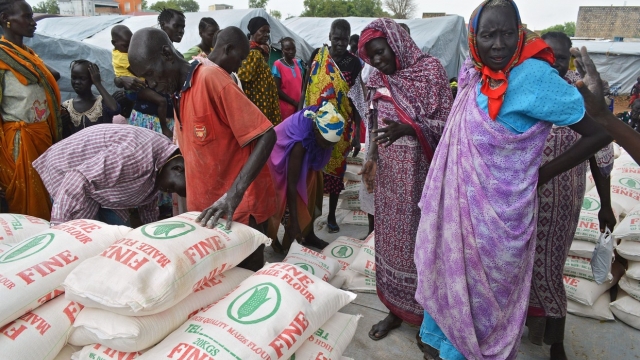
Firstly, the supply of food and fertilizer should be increased to reduce the pressure on the market; at the same time, exports should not be restricted, but surplus food should be provided to those who need it most.
Secondly, the social security system should cover everyone in need. Again, funding is crucial. On the one hand, international financial institutions need to invest generously; on the other, official development assistance is more necessary than ever. In addition, governments must support agricultural production and invest in resilient food systems that protect smallholder food producers.
The food crisis knows no borders, and no country can do it alone. Our only chance to lift millions of people out of hunger is to act together in solidarity.
The World Bank is working with countries to provide $12 billion over the next 15 months to support agriculture, social protection, irrigation, and other projects, with most of the money going to Africa, the Middle East, Eastern Europe, Central Asia, and South Asia.
(Source: WFP, Global Times, CNN)



